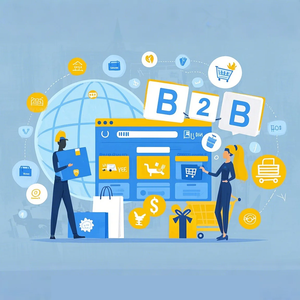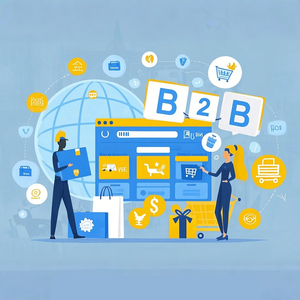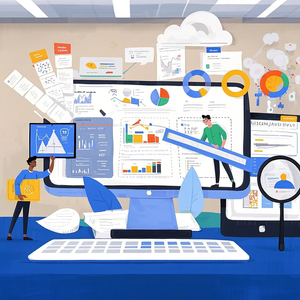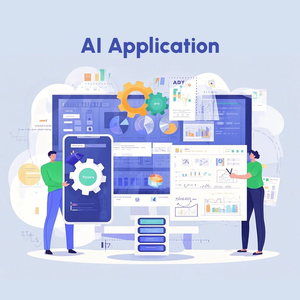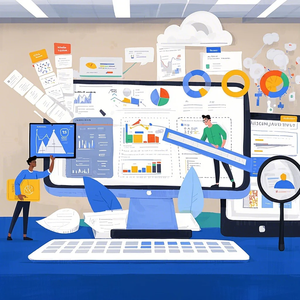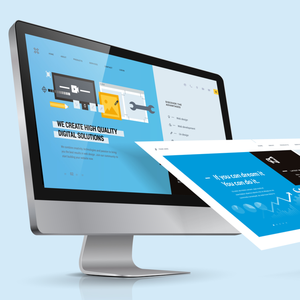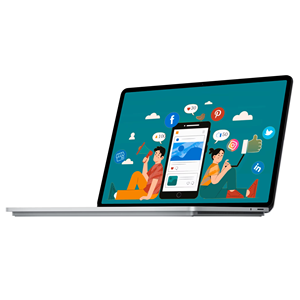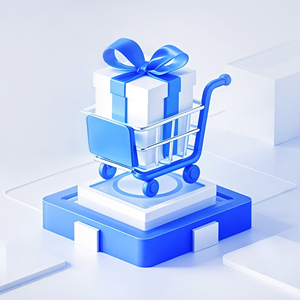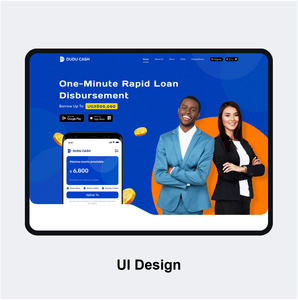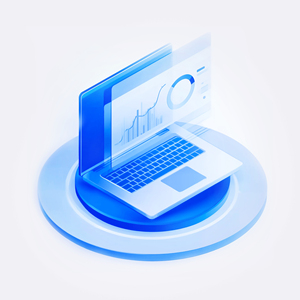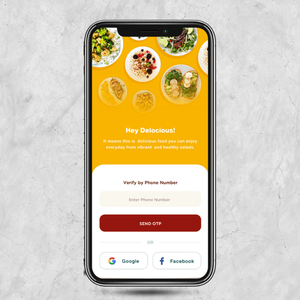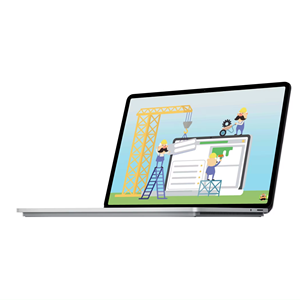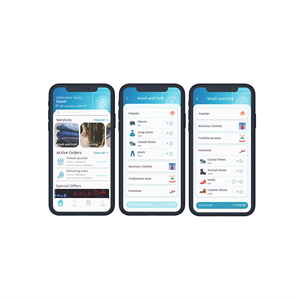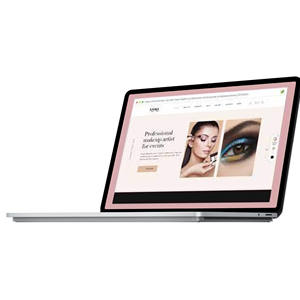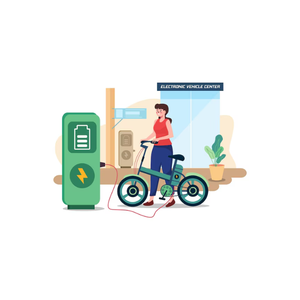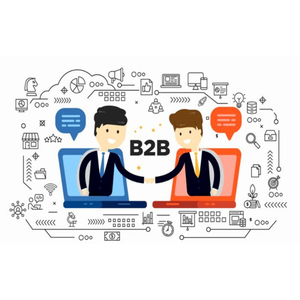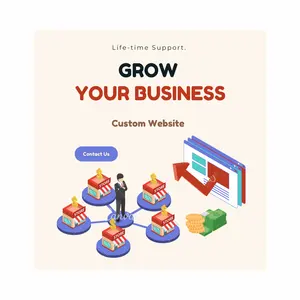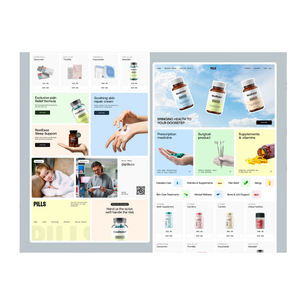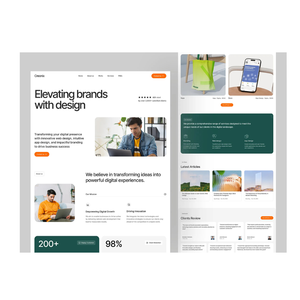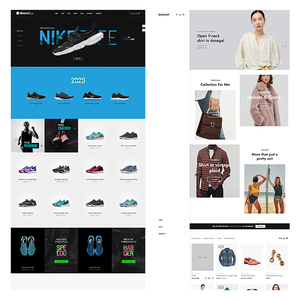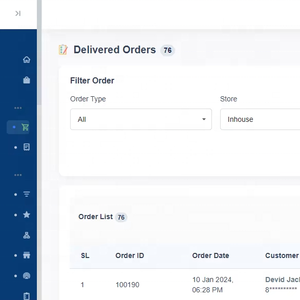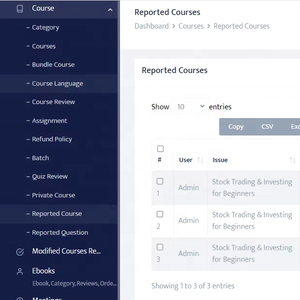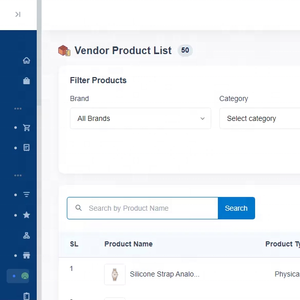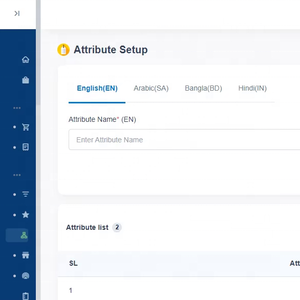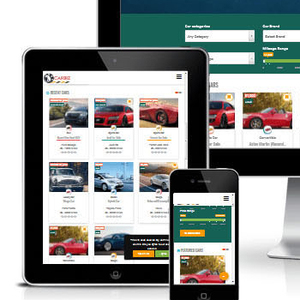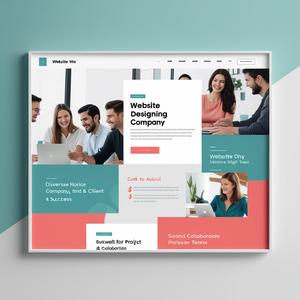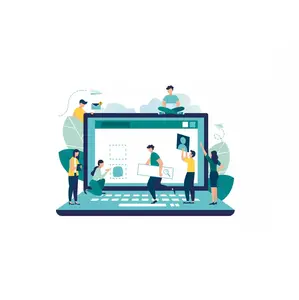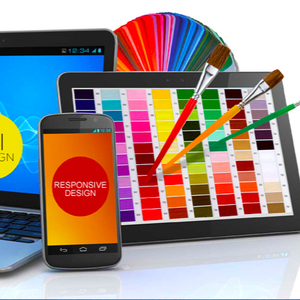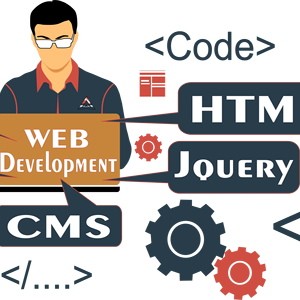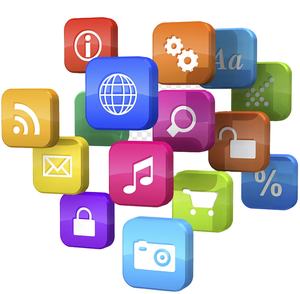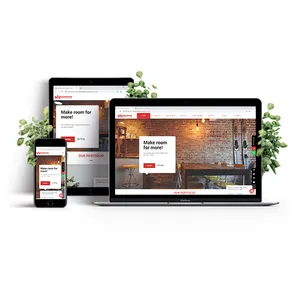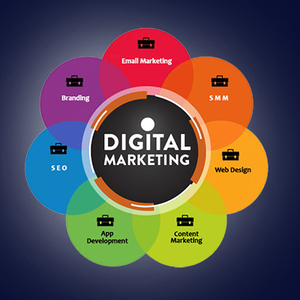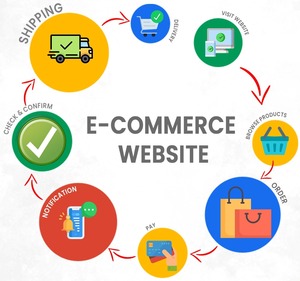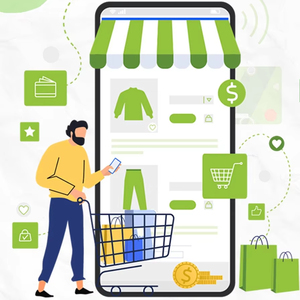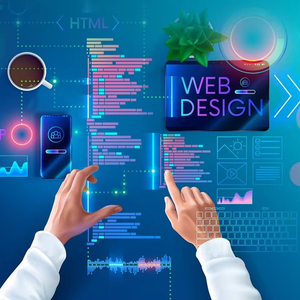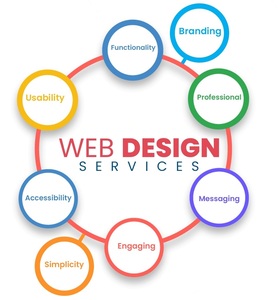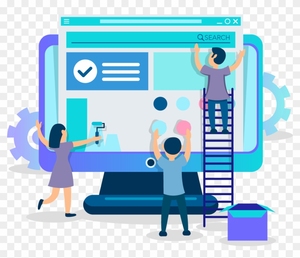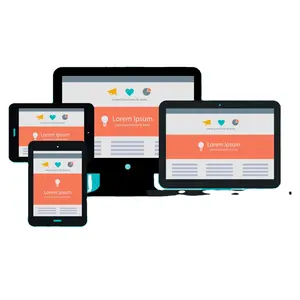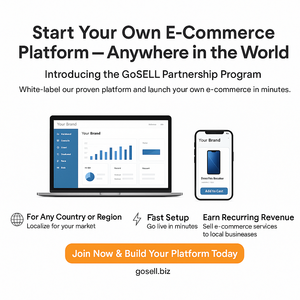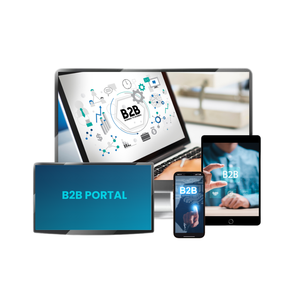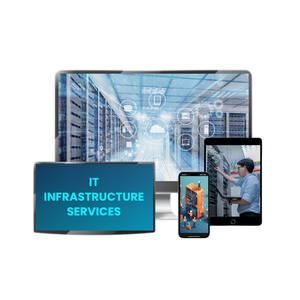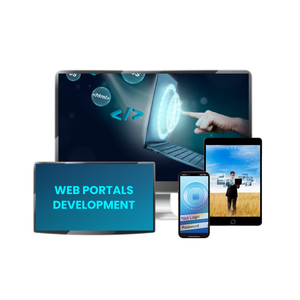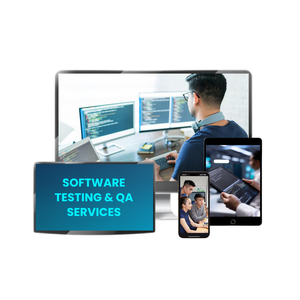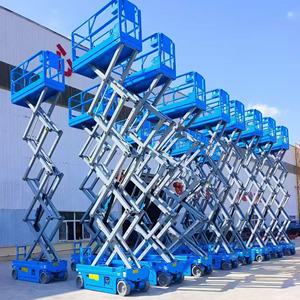B2b Platform Examples

 CN
CN







 CN
CN






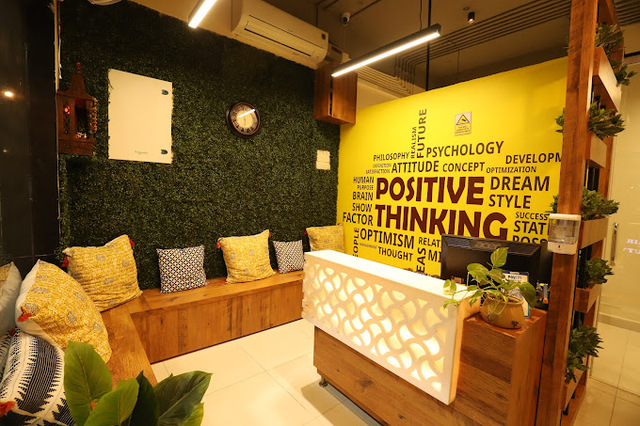







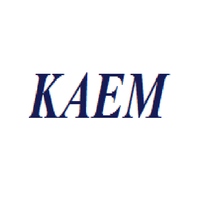

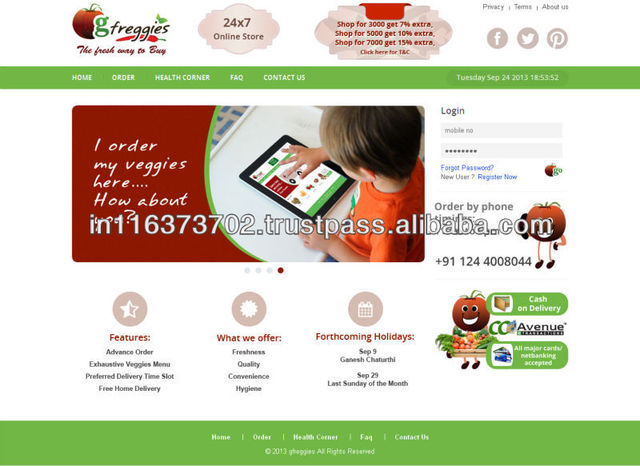

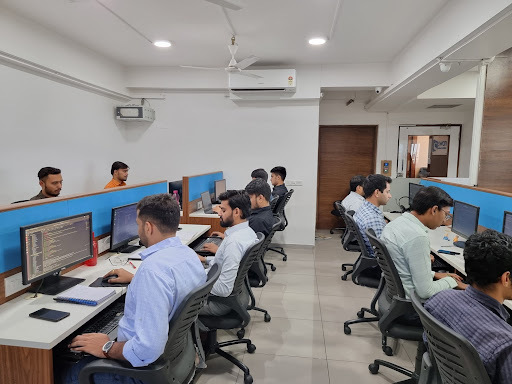

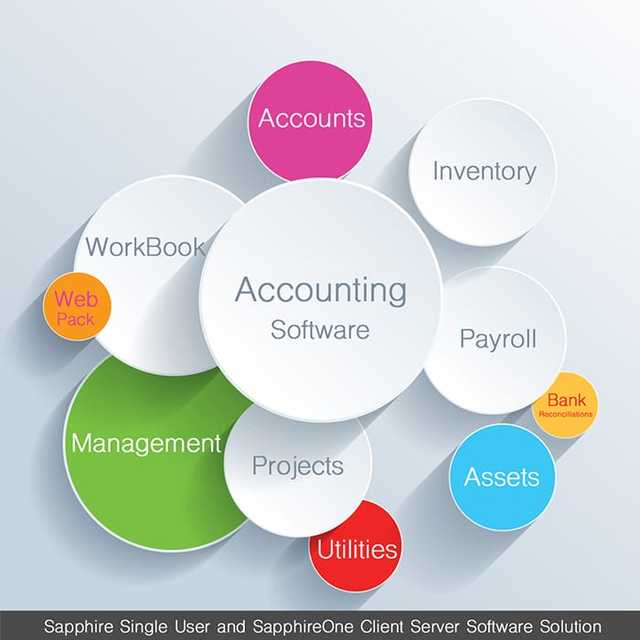











 CN
CN








About b2b platform examples
Where to Find B2B Platform Development Suppliers?
The global B2B platform development market is increasingly concentrated among specialized software firms in China and India, where cost-efficient engineering talent and scalable digital infrastructure enable rapid deployment of customized e-commerce solutions. Shenzhen and Delhi-based suppliers dominate this segment, leveraging regional tech ecosystems to deliver full-stack development services—from backend architecture to UI/UX design and third-party integrations.
These hubs offer mature outsourcing environments supported by high-speed internet connectivity, IP protection frameworks, and multilingual development teams fluent in English and major European languages. Buyers benefit from agile delivery models, with standard B2B marketplace projects typically completed within 8–12 weeks. The proximity of developers, QA testers, and DevOps engineers within integrated facilities allows for faster iteration cycles and real-time client collaboration, reducing time-to-market by up to 40% compared to in-house development.
How to Choose B2B Platform Development Suppliers?
Selecting a reliable supplier requires rigorous evaluation across technical, operational, and transactional dimensions:
Technical Expertise Validation
Confirm demonstrated experience in building multi-vendor marketplaces, order management systems, and secure payment gateways. Prioritize suppliers offering native integration with platforms such as Shopify, WooCommerce, and AI-driven analytics tools. Review portfolios for evidence of responsive design, API-first architecture, and cloud-hosted scalability (AWS, Alibaba Cloud, or Azure).
Development Process Audit
Assess internal workflows and resource allocation through documented project management practices:
- Agile methodology implementation with bi-weekly sprint reviews
- Dedicated QA and cybersecurity testing protocols
- In-house frontend and backend development teams
Cross-reference response times (target ≤7 hours) with on-time delivery records to validate team availability and workload capacity.
Transaction & Intellectual Property Safeguards
Require source code escrow agreements and NDAs before project initiation. Utilize secure payment mechanisms such as milestone-based disbursements via trade assurance programs. Verify ownership transfer clauses and post-launch support terms—including bug fixing, server maintenance, and upgrade eligibility—to mitigate long-term dependency risks.
What Are the Best B2B Platform Development Suppliers?
| Company Name | Location | Verified Status | Main Products | Starting Price | Min. Order | On-Time Delivery | Avg. Response | Customization |
|---|---|---|---|---|---|---|---|---|
| Shenzhen Douples Technology Co., Ltd. | China | Trusted service provider | B2B/B2C Website Design & Development | $30,000 | 1 unit | 100% | ≤7h | Full customization |
| CORTEX WORK | India | - | Multi-Vendor Marketplace, Betting Platforms | $500 | 2 pieces | - | ≤6h | Partial customization |
| Shenzhen Kuaiji Interactive Technology Co., Ltd. | China | Trusted service provider | E-commerce, OA Systems, Brand Websites | $100 | 1 set | 100% | ≤7h | Logo & feature-level customization |
| PROTOLABZ ESERVICES | India | - | B2B E-commerce Websites, Portals | $2 | 2 pieces | - | ≤4h | Template-based customization |
| 2DIGIT INNOVATIONS PRIVATE LIMITED | India | - | B2B/B2C Web & App Development | $500 | 1 piece | - | ≤6h | Moderate customization |
Performance Analysis
High-end providers like Shenzhen Douples Technology offer enterprise-grade solutions starting at $30,000, backed by verified track records (100% on-time delivery) and comprehensive customization capabilities. In contrast, Indian suppliers such as PROTOLABZ ESERVICES and CORTEX WORK provide entry-level B2B platforms from $2–$500, catering to startups and SMEs seeking low-cost, template-driven deployments. While these vendors offer fast response times (as low as ≤4h), they lack public performance metrics like reorder rates or verified delivery histories. Buyers should weigh budget constraints against long-term scalability needs—low-cost options may require significant rework during scaling phases due to architectural limitations.
FAQs
How to verify B2B platform supplier reliability?
Request case studies, GitHub repositories, or live demos of previously delivered platforms. Validate claims through third-party review platforms and check participation in official business registries. Prioritize suppliers with documented SLAs, uptime guarantees, and post-launch technical support packages.
What is the typical lead time for a custom B2B platform?
Standard development timelines range from 6 to 14 weeks depending on complexity. Basic B2B portals with pre-built templates can be deployed in 4–6 weeks, while fully customized platforms with AI integration, ERP linkage, and mobile apps require 10–16 weeks. Milestone tracking and regular code deliveries help ensure adherence to schedule.
Do suppliers support post-launch maintenance?
Most reputable suppliers offer maintenance contracts covering security updates, bug fixes, and minor enhancements. Service levels vary—confirm response windows (e.g., 24-hour critical issue resolution), hosting responsibilities, and renewal costs before contract finalization.
Can I own the source code after development?
Yes, but only if explicitly stipulated in the agreement. Ensure the contract includes full IP transfer upon final payment. Some vendors retain rights to reusable components or charge additional fees for complete source code release.
How does pricing scale with feature complexity?
Base packages cover core functionalities like user authentication, product cataloging, and order processing. Advanced features—multi-currency support, AI recommendation engines, logistics APIs, or blockchain-based transactions—can increase total cost by 50–200%. Obtain itemized quotes to identify value-added modules and avoid scope creep.
